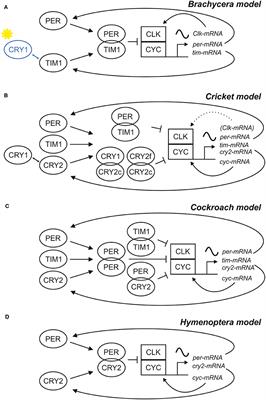EDITORIAL
Published on 14 Jul 2021
Editorial: Invertebrate Neuroscience: Contributions From Model and Non-model Species
doi 10.3389/fnbeh.2021.726295
- 2,952 views
- 3 citations
20k
Total downloads
100k
Total views and downloads
Select the journal/section where you want your idea to be submitted:
EDITORIAL
Published on 14 Jul 2021
REVIEW
Published on 28 Jun 2021
MINI REVIEW
Published on 21 Apr 2021
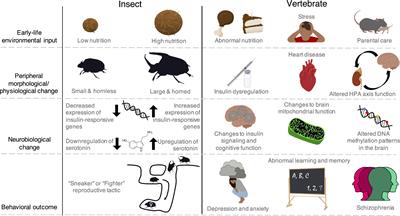
ORIGINAL RESEARCH
Published on 31 Mar 2021
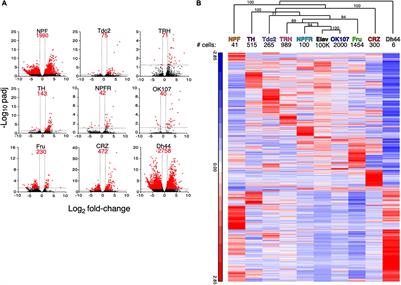
ORIGINAL RESEARCH
Published on 22 Jan 2021
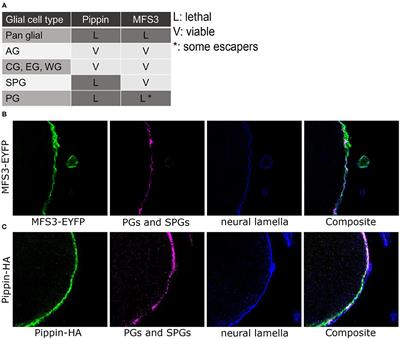
BRIEF RESEARCH REPORT
Published on 14 Jan 2021
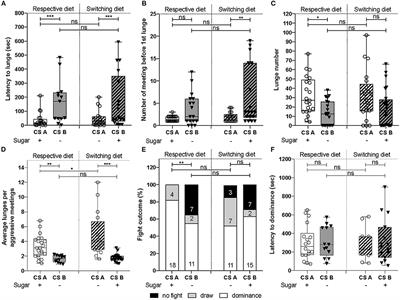
MINI REVIEW
Published on 12 Jan 2021
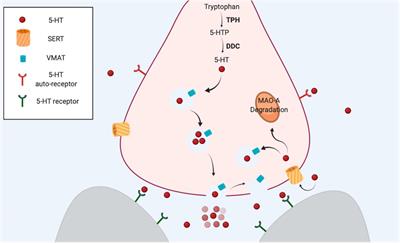
REVIEW
Published on 15 Dec 2020
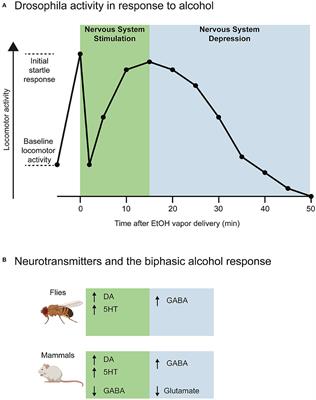
OPINION
Published on 11 Dec 2020
REVIEW
Published on 04 Dec 2020
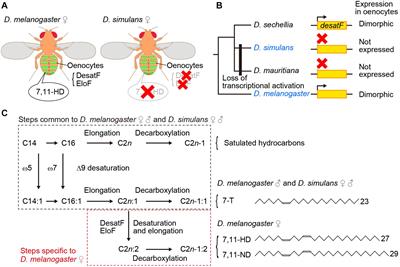
MINI REVIEW
Published on 03 Dec 2020
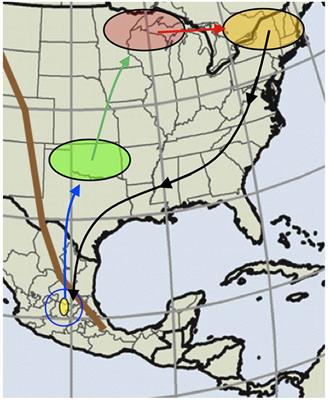
REVIEW
Published on 26 Nov 2020
